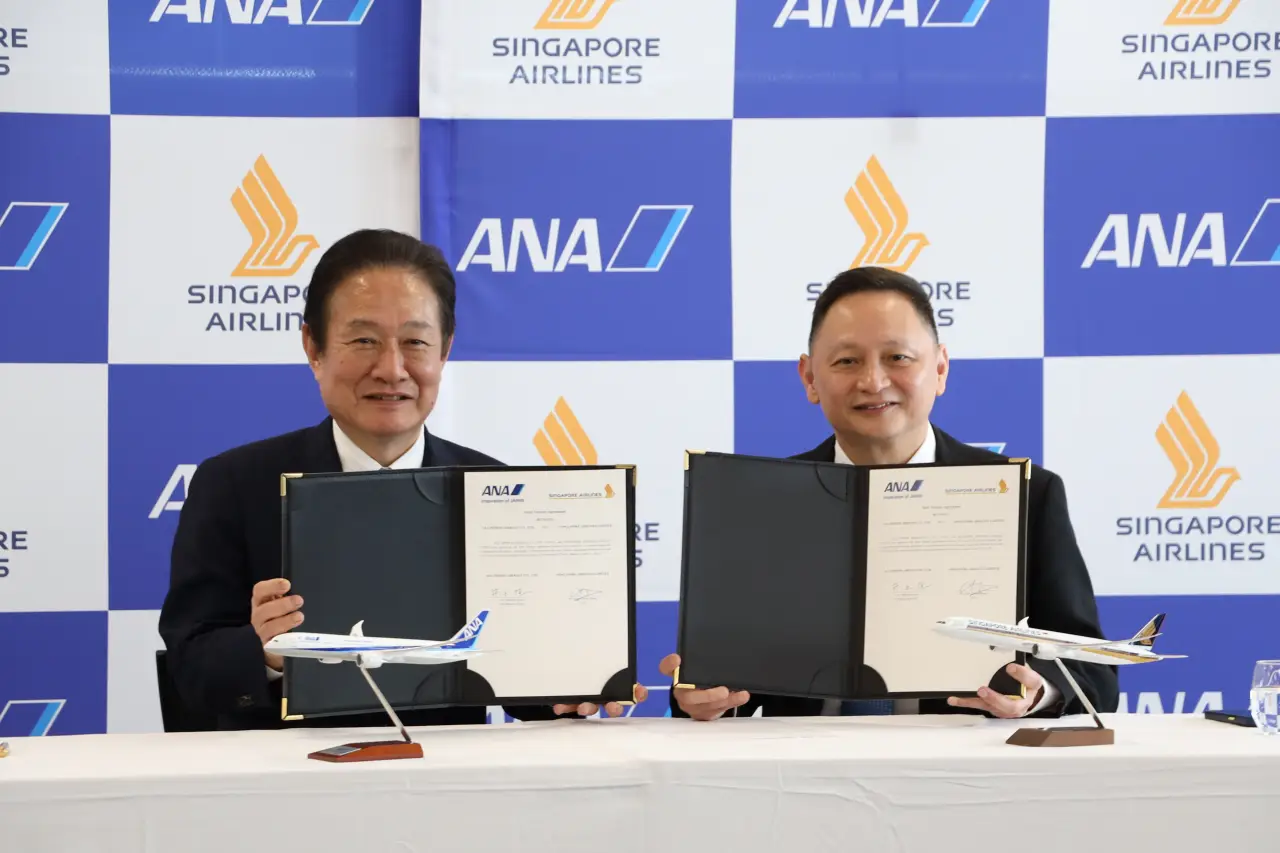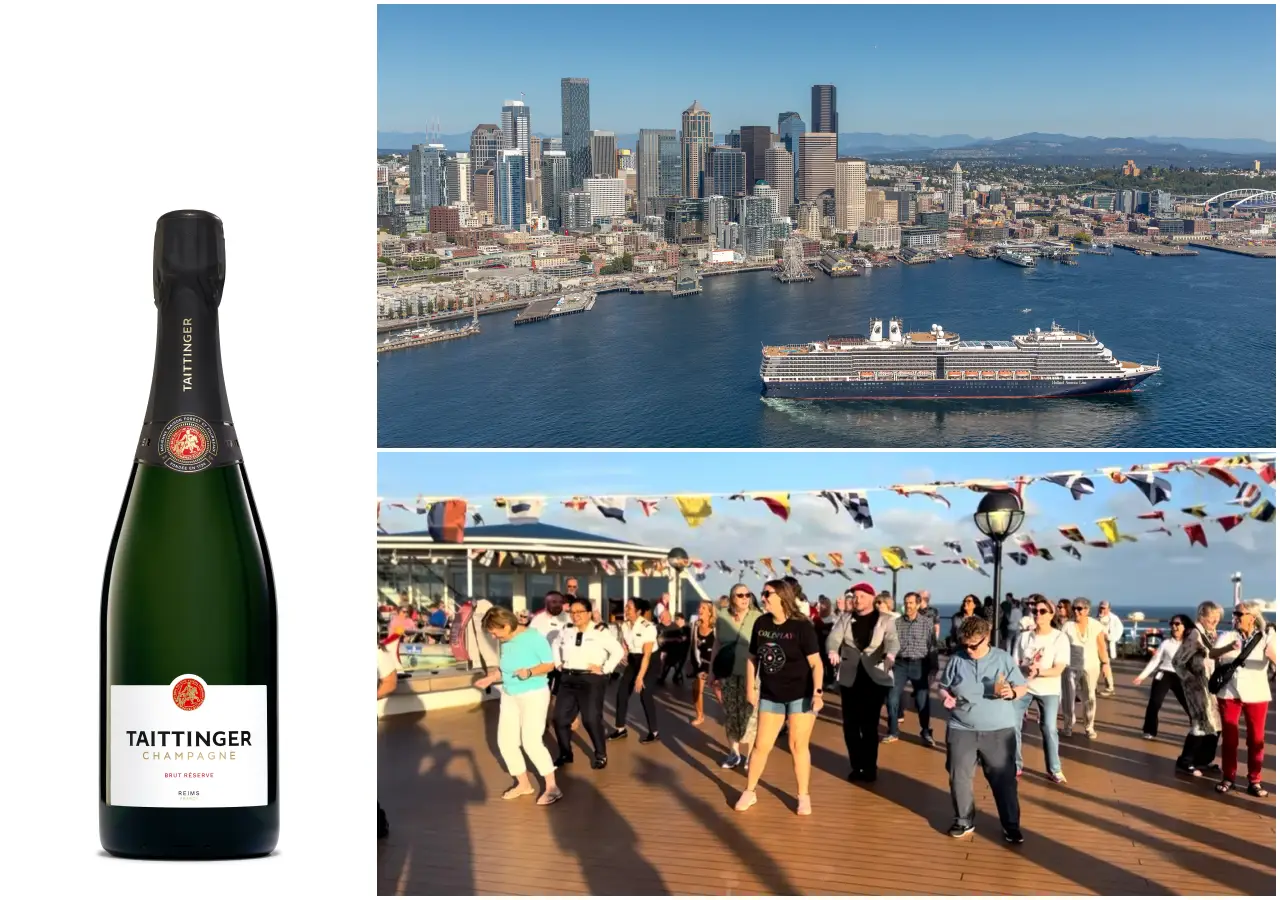U.S. Citizenship and Immigration Services announced that it has received enough petitions to meet the congressionally mandated H-2B cap for the second half of fiscal year (FY) 2022.
Feb. 25, 2022, was the final receipt date for new cap-subject H-2B worker petitions requesting an employment start date on or after April 1, 2022, and before Oct. 1, 2022.
USCIS will reject new cap-subject H-2B petitions received after Feb. 25, 2022 that request an employment start date on or after April 1, 2022, and before Oct. 1, 2022.
USCIS will continue to accept H-2B petitions that are exempt from the congressionally mandated cap. This includes petitions for:
- Current H-2B workers in the United States who wish to extend their stay and, if applicable, change the terms of their employment or change their employers;
- Fish roe processors, fish roe technicians and/or supervisors of fish roe processing; and
- Workers performing labor or services in the Commonwealth of Northern Mariana Islands and/or Guam (until Dec. 31, 2029).
U.S. businesses use the H-2B program to employ foreign workers for temporary nonagricultural jobs. Under the Immigration and Nationality Act (INA), as amended, Congress has set the H-2B cap at 66,000 per fiscal year, with 33,000 for workers who begin employment in the first half of the fiscal year (Oct. 1 – March 31) and 33,000 for workers who begin employment in the second half of the fiscal year (April 1 – Sept. 30), plus any unused numbers from the first half of the fiscal year, if any. Unused H-2B numbers from one fiscal year do not carry over into the next fiscal year. DHS, in consultation with the Department of Labor, will be considering whether to issue supplemental visas, in accordance with legal authority.
U.S. Travel Association Executive Vice President of Public Affairs and Policy Tori Emerson Barnes issued the following statement on the announcement that the H-2B visa cap for the second half of FY 2022 has already been met:
“With the H-2B visa cap already met and millions of jobs still open, it is evident that a workforce shortage is threatening to hold back industries across the economy, especially in Leisure & Hospitality. The cap on H-2B visas must be raised to ensure travel businesses are adequately staffed—particularly ahead of the busy summer travel season when so many businesses rely on temporary workers to perform vital operations like housekeeping, lifeguarding and food service.
“Raising the cap on H-2B visas has strong bipartisan support in Congress, as the action would have a clear and immediate benefit to businesses that are struggling to rebound from historic workforce shortages. With more than 1.7 million job openings in the Leisure & Hospitality sector alone, we respectfully urge the administration to exercise the authority given by Congress to release additional H-2B visas above the cap, which is necessary for an even recovery across all sectors of travel.”













